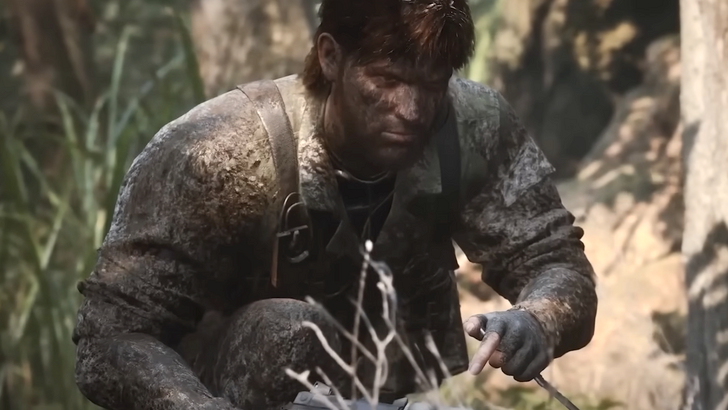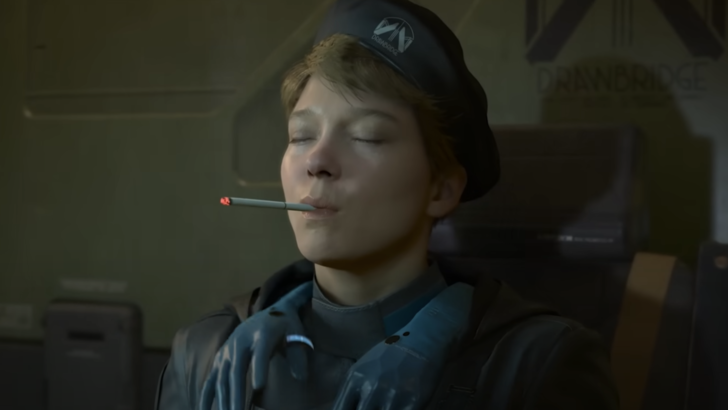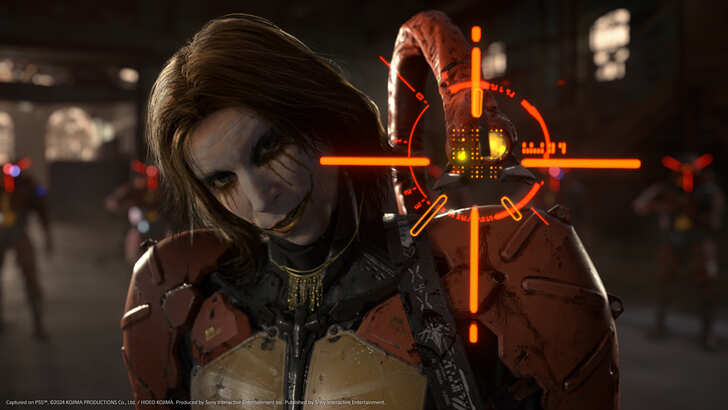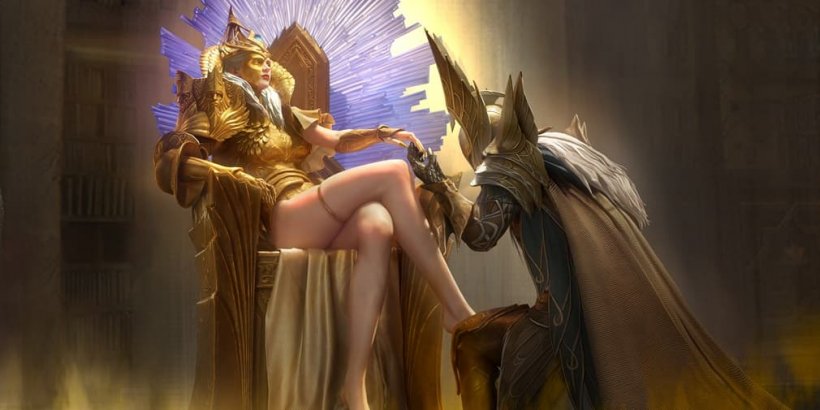
As Metal Gear had celebrated its 37th anniversary, the action-adventure stealth video game franchise's creator, Hideo Kojima, had taken to social media to reflect on the game and gaming industry's evolving landscape.
Hideo Kojima Reflects on Metal Gear During the Konami Title's 37th AnnivMetal Gear Was Ahead of Its Time Using the Radio Transceiver
July 13 marked the 37th anniversary of Metal Gear, Konami's action-adventure stealth video game that was originally released on the MSX2 computer in Japan in 1987. Hideo Kojima, the legendary Metal Gear franchise creator, took the opportunity on that day to reflect on what made the first Metal Gear title so groundbreaking. In a series of tweets, Kojima shared insights into the development and legacy of Metal Gear, particularly highlighting what he believes to be the game's biggest invention.
Kojima noted in his tweet that while Metal Gear is often celebrated for its stealth gameplay, its in-game radio transceiver concept deserves recognition as an innovative storytelling tool used in video games. This feature, used by protagonist Solid Snake to communicate with other characters, allowed players to obtain other in-game information such as the "identity of bosses, the betrayal of a character, death of a team member" and so on. Kojima added that it "can also help motivate players and explain the gameplay and rules."
"Metal Gear was packed with things that were ahead of its time, but the biggest invention was including the concept of a radio transceiver in the storytelling," read Kojima's tweet. He went on to explain that the interactive nature of the radio transceiver allowed the game's narrative to progress in real-time with the player's actions, creating a more immersive and engaging experience.
"The game moves along with the player, so when the drama happens when the player isn't present (without the player's knowledge)," he explained, "the player's feelings get detached. But with the transceiver, the player's current situation can be depicted while the other characters' story or situation can be foreshadowed in parallel." Kojima expressed pride in the lasting impact of this video game "gimmick," noting that "most of today's shooter games" still use similar radio transceiver concepts.
Hideo Kojima Won't Stop Creating, Ahead of OD's and Death Stranding 2's Releases
Reflecting on his own journey, Kojima, now 60, also spoke candidly about aging and its impact on his work. He acknowledged the physical challenges that come with age but noted the importance of gaining knowledge, experience, and wisdom over time. With these qualities, people can develop the "ability to sense and predict the future of society and projects," he tweeted. Kojima said he believes that one's "accuracy of creation" in game development," which he listed to span: planning, experimentation, development, production, and up to release, will continually get better over time.

Moreover, it had been confirmed that his studio is gearing up for the next installment of Death Stranding which will be adapted into a live-action movie by film studio A24.









